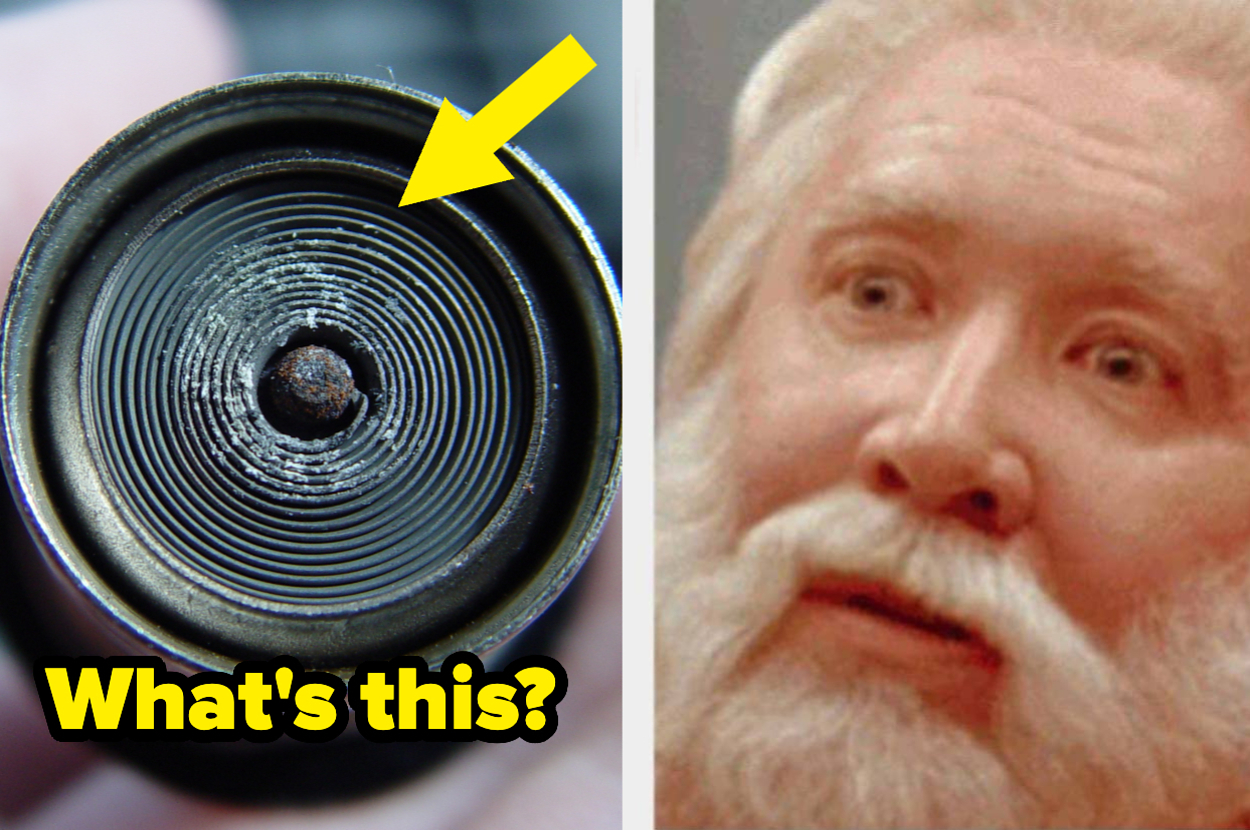Before we understand zkEVMs (Zero-Knowledge Ethereum Virtual Machines), let’s understand some key concepts.
A blockchain is like a digital notebook that securely records transactions without needing someone to keep an eye on it.
Ethereum is a popular blockchain that can do even more, like making agreements called ‘smart contracts’ that automatically do things for us, like counting votes or managing digital items.
Blockchains and smart contracts are very useful, but they have a problem: everyone can see what’s happening in them, and sometimes we want to keep things private. That’s where zero-knowledge proofs (ZKPs) come in.
ZKPs are like a secret handshake that lets us prove we know something without actually showing it. This makes them great for keeping our digital lives private.
Now that we’ve got our main ingredients, so let’s mix them together to make something amazing: zkEVMs!
By bringing together zero-knowledge proofs and Ethereum, zkEVMs let us use smart contracts and make transactions without anyone knowing the details. It’s like being able to send a secret message or make a private agreement, all thanks to the power of zkEVMs.
Some of the use cases of zkEVMs are:
1) Secure and anonymous blockchain-based voting systems where each vote is counted without revealing the individual voter identities.
2) Confidential asset transfers without disclosing the details of the transaction like the sender, the receiver, or the amount.
3) Lending, borrowing, and other decentralised finance transactions without exposing personal information.
3) Track the movement of goods within a supply chain while maintaining the confidentiality of sensitive data like trade secrets, pricing information, manufacturing processes, etc.
4) Privacy-preserving identity verification solutions, allowing users to prove their identity without revealing unnecessary personal information.
5) Allowing users to trade, sell and showcase their digital assets without exposing their personal details or transaction history.
6) Allowing medical records to be stored and accessed on the blockchain while preserving patient privacy.
7) Helping businesses and organisations meet privacy requirements (for example GDPR or HIPAA), by enabling private transactions and data storage on blockchain networks.
Rohas Nagpal is the author of the Future Money Playbook and Chief Blockchain Architect at the Wrapped Asset Project. He is also an amateur boxer and a retired hacker. You can follow him on LinkedIn.
Source link











Leave a Reply